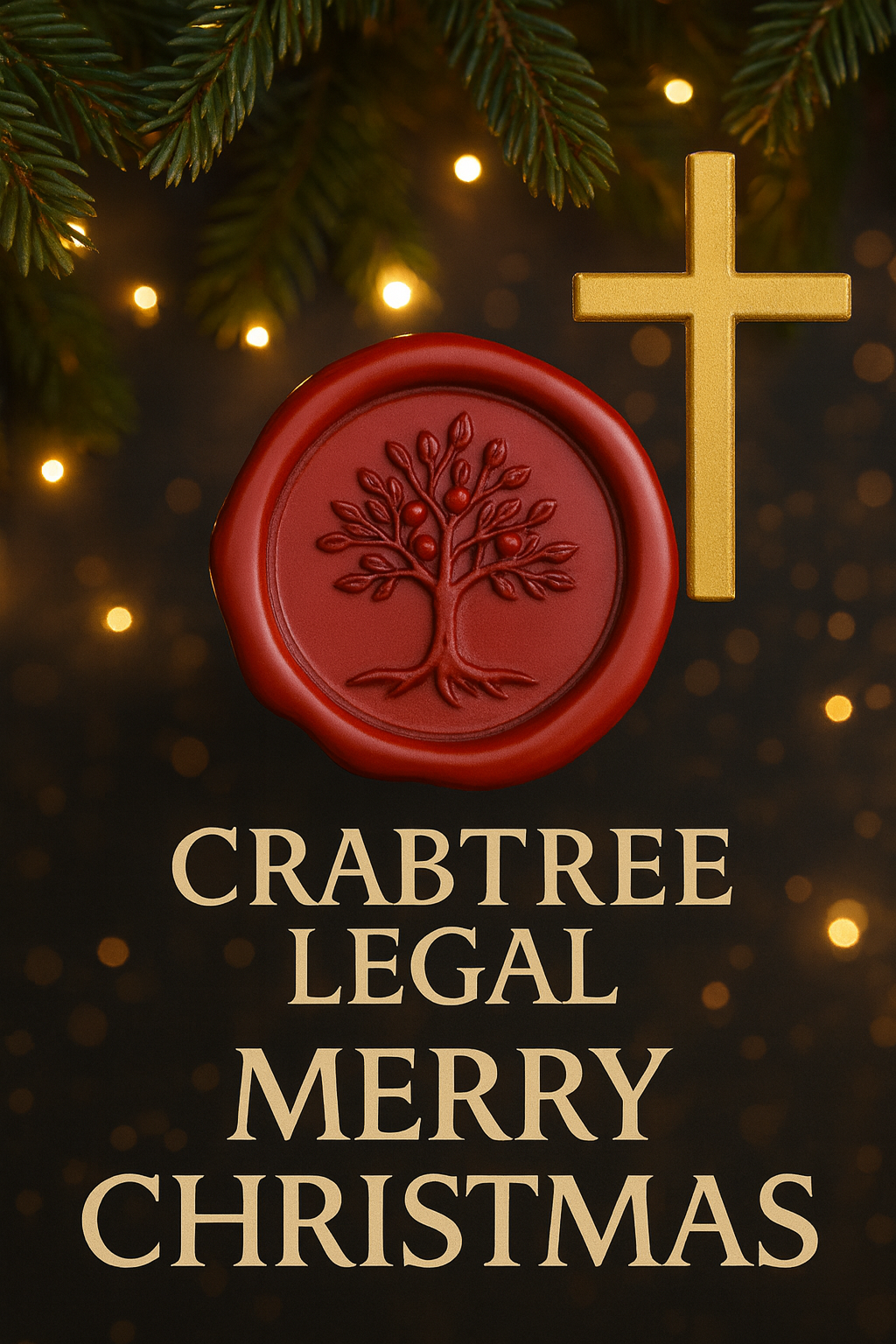Understanding Trusts in Western Australia: A Guide for Individuals and Business Owners

What Are Trusts?
A Trust is a legal arrangement where a person or entity (the Trustee) holds and manages assets for the benefit of others (the Beneficiaries). The Trustee is responsible for administering the Trust in accordance with its terms and in the best interests of the Beneficiaries. Trusts are commonly used for asset protection, estate planning, and business structuring in Australia.
Key Parties in a Trust
- Settlor: the person who creates the Trust and contributes the initial assets.
- Trustee: the individual or company responsible for managing the Trust assets.
- Beneficiaries: the people or entities who benefit from the Trust.
- Appointor: the person who has the power to appoint or remove Trustees.
How Can Trusts Benefit Individuals and Business Owners?
Trusts offer a range of advantages for both personal and business purposes:
1. Asset Protection
Trusts can help shield assets from creditors, lawsuits, or family disputes, as the assets are legally owned by the Trustee, not the individual.
2. Estate Planning and Succession
Trusts allow for the smooth transfer of wealth to future generations, helping to provide for minor or vulnerable Beneficiaries.
3. Tax Planning
Trusts can offer tax flexibility. Income generated by Trust assets can be distributed among Beneficiaries, potentially reducing the overall tax liability.
4. Business Structuring
Trusts are often used by business owners to separate business assets from personal assets, manage risk, and facilitate succession planning.
5. Privacy
Trust arrangements are generally private, unlike Wills which become public during probate.
How Are Trusts Created in Australia?
Establishing a Trust in Australia involves several key steps:
1. Decide on the Type of Trust
Common types include:
Discretionary Trust: Trustee decides how income/capital is distributed among Beneficiaries. Common for family Trusts.
Unit Trust: Beneficiaries hold fixed units, similar to shareholders in a company. Often used for business or investment purposes.
Testamentary Trust: created by a Will, comes into effect upon the Will-maker’s death.
2. Prepare a Trust Deed
A Trust deed is a legal document that sets out the terms and conditions of the Trust, including the powers of the Trustee and the rights of the Beneficiaries.
3. Settle the Trust
The Settlor provides the initial asset (often a nominal sum) to establish the Trust.
4. Appoint Trustees and Beneficiaries
The Trust deed will name the Trustees and Beneficiaries. The Trustee must accept their role and responsibilities.
5. Stamp Duty and Registration
In Western Australia, unlike some other Australian states, stamp duty is not payable on the mere execution of a Trust deed and it does not need to be stamped. Registration with the Australian Taxation Office (ATO) will be necessary if the Trust will have a Tax File Number or Australian Business Number.
6. Ongoing Compliance
Trustees must comply with the terms of the Trust deed and relevant laws, including annual reporting and tax obligations.
If you are considering establishing a Trust, Crabtree Legal can provide tailored advice to ensure your Trust is structured to meet your personal or business needs.



